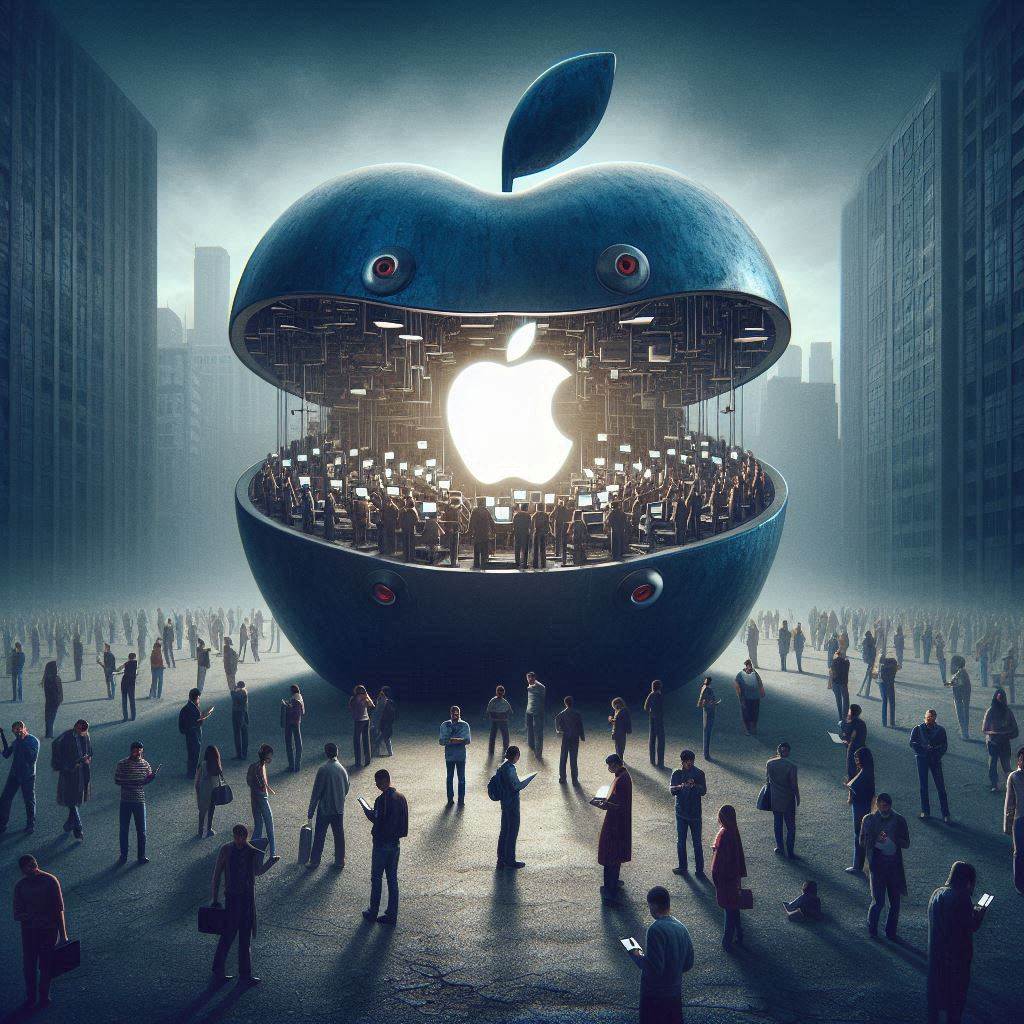I remember getting my hands on the first iPhone. “So where is copy-paste?” I asked. Oh, I was “ignorant” and “not aware of best user interactions principles”. Sure, whatever. A few years later, iPhones had copy-paste of course. Or the Mighty Mouse, a revolution (according to Apple) which introduced…the right click we all had relied on for decades already before their big announcement.
And now…the magic button on the iPhone. This isn’t business as usual, nor should we let them get away with it again. Apple is a company whose outsize effect on user interface it is time we all question. Sure they control more than half the smartphone market in the United States. But that’s about it! And even there, somebody should grow a set and state the facts.
Apple, we have had enough of your pointless changes. You want a super thin MacBook? Go ahead, leave it with just one USB port. But don’t expect everyone to follow just because of your multimillion advertising prowess. You want to remove the iPhone’s multifunctional home button? Be our guest, but what do you have to say now that you are bringing it back?
The problem is that Apple has an effect on everything. And it shouldn’t. Because they really are not the best at UI. Not even close. Their criteria is not the best user experience but how to sell more iPhones. They add and take away ports in order to sell more dongles, adapters or their new accessories. It is all about, and only about, their bottom line. They are making fools of all of their users and it’s about time you wised up to this fact.
Tweaking the Bluetooth protocol to make it different and weird and incompatible isn’t clever. It costs the entire planet billions in waste. There are international consortiums where these things are discussed and agreed upon precisely because we need our stuff to work together for as long as possible, as easily as possible and as widely as possible. Apple is laughing in the face of its users in the most disrespectful way possible too. Adding two buttons to your daily phone isn’t funny. There is a learning curve and a massive cost all the way up and down the chain of everything around the iPhones.
It’s not just iPhones. We have all suffered greatly from every “weird” choice Apple made these past decades. Even when we don’t use Apple products. It affects everyone. They weren’t weird for any other reason than profit. The DoJ is right. Apple has made something worse than a walled garden with iOS. It is a dictatorship that demands payment every few years in the latest Apple products.
Free market. You can choose to stay within that garden. But don’t pretend that it is the cutting edge of technology. Nor the best design choices. It is costing the entire planet to look at Apple as anything else than an extremely selfish niche company playing dictator.
